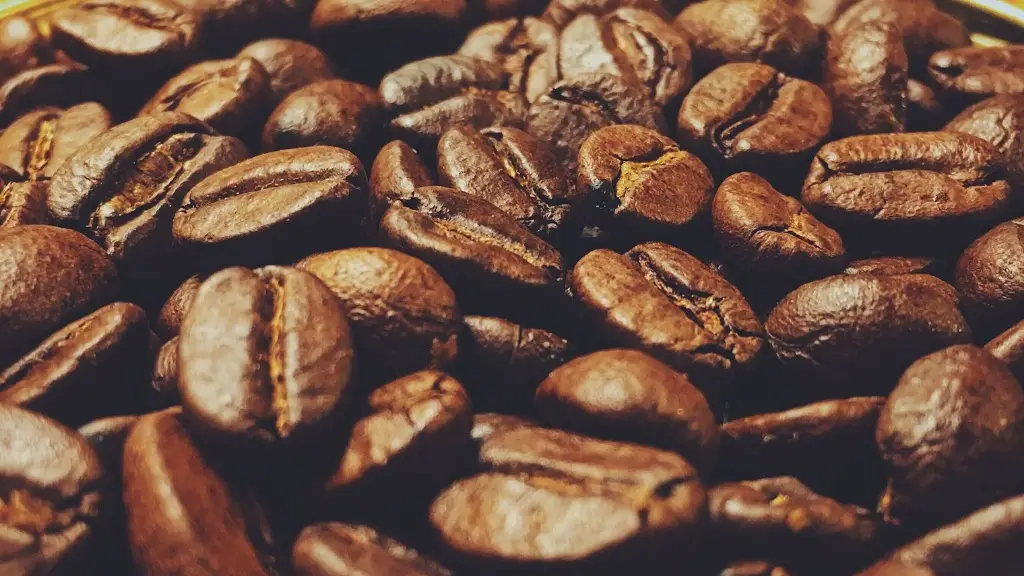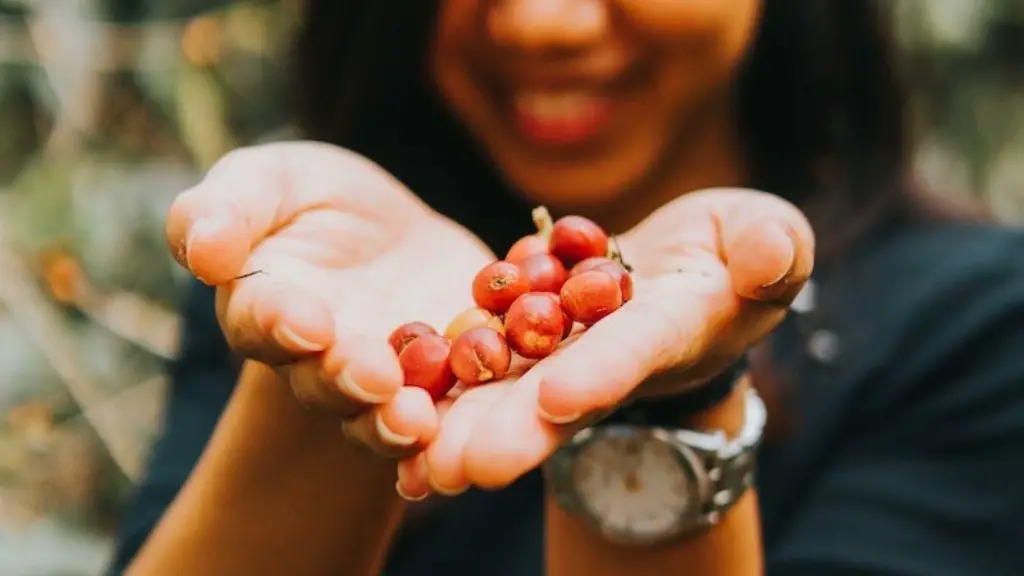Overview of Yeast Infection
Yeast infection is a type of fungal infection caused by a type of yeast called Candida, usually Candida albicans. It is typically found in areas of the body such as the mouth, skin, and vaginal areas. Symptoms can vary depending on the location of the infection, and they can include itching, discharge, and burning sensations. Diagnosis and treatment of yeast infections depend on the severity of the infection. In mild cases, topical antifungal creams and ointments may be enough to treat the infection, while in more serious cases, oral antifungal medications may be needed.
Can Coffee Affect Yeast Infection?
Whether it is safe to consume coffee when you have a yeast infection is a question that many people ask. The scientific jury is still out on the answer to this question, as there is a lack of research that has specifically looked at the effects of coffee consumption on yeast infections. However, there are some basic principles that can help guide your decision when it comes to whether or not it is safe to drink coffee when you have a yeast infection.
Caffeine and Yeast Infections
Caffeine itself has no direct effect on yeast infections, but the acidic environment created by coffee can be problematic for people with a yeast infection. The acidic nature of coffee can irritate the lining of the esophagus and stomach, which can further aggravate the infection. Additionally, caffeine can increase dehydration, which can also lead to an exacerbated infection.
Alcohol and Yeast Infections
In addition to coffee, alcohol can also exacerbate a yeast infection. Alcohol can also lead to dehydration, which can then lead to an exacerbated infection. Additionally, many alcoholic drinks are high in sugar, which can provide a source of food for the yeast cells, leading to an increased proliferation of the Candida albicans yeast cells.
Treatment Considerations
When it comes to treating a yeast infection, it is important to be aware of any foods or drinks that can further aggravate the infection. Avoiding coffee and alcohol is a good place to start, as these beverages are more likely to increase the severity of the infection. Additionally, increasing your intake of water and other non-caffeinated fluids can help to keep your body hydrated, and can help to flush out any excess yeast cells that may be causing the infection.
Nutritional Considerations
Good nutrition is essential for a healthy immune system, which can help to fight off yeast infections. Because of this, it is important to be aware of any foods that could further increase the proliferation of Candida albicans yeast cells. High-sugar foods, as well as starchy carbohydrates, can provide a food source for yeast cells and should be avoided while treating a yeast infection. Unsweetened, probiotic-rich foods are recommended instead.
Exercise Considerations
Exercising regularly can help keep your immune system strong, which can help to fight off yeast infections. Additionally, physical activity can help to increase circulation, which can help to improve your body’s ability to fight off infection. When exercising, it is important to stay hydrated and to make sure to wear light, breathable clothing to help minimize the risk of an exacerbated infection.
Summary
Overall, it is unclear whether or not it is safe to drink coffee when you have a yeast infection. However, it is generally recommended to avoid coffee and other caffeinated drinks during a yeast infection, as caffeine can increase dehydration and exacerbate the infection. Additionally, it is important to be aware of other factors that could contribute to the development or worsening of a yeast infection, such as one’s dietary and exercise habits.


